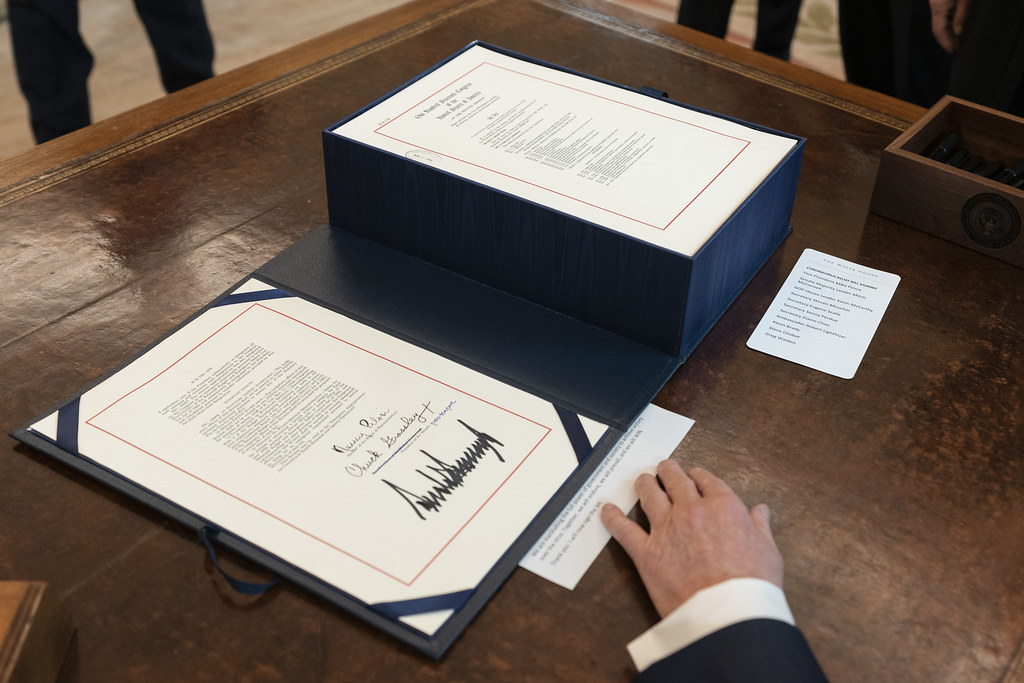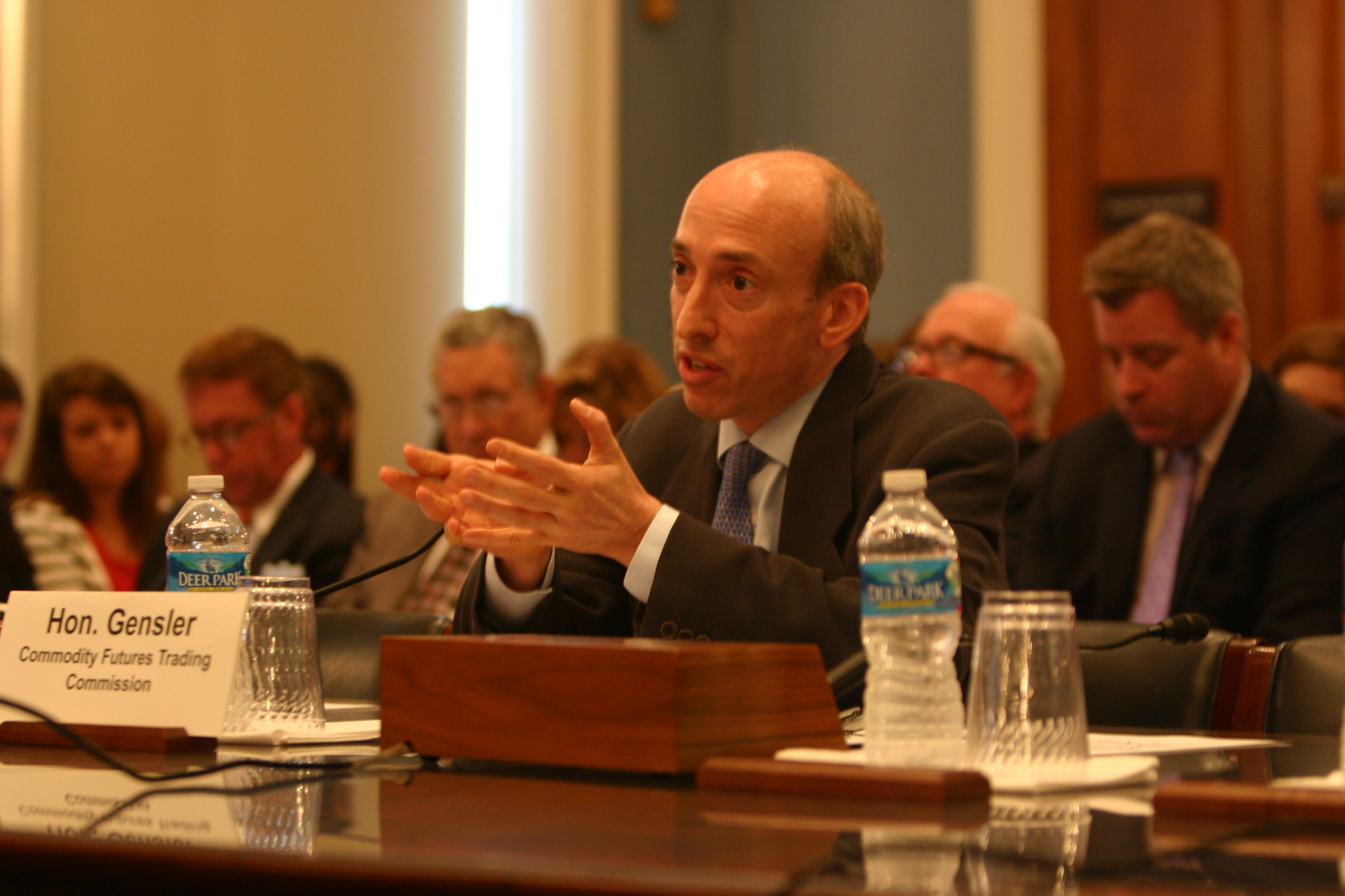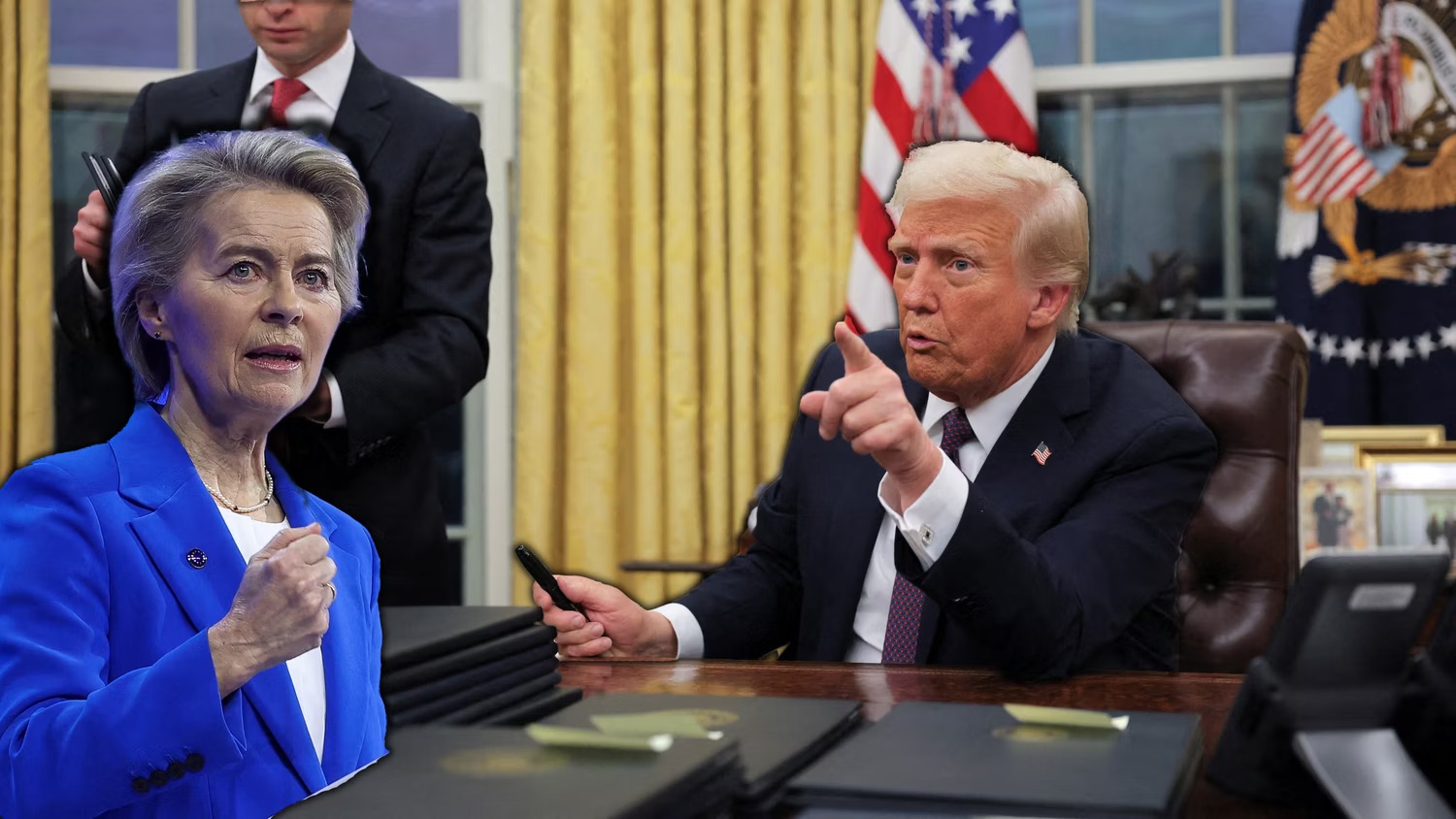During a recent congressional hearing, United States Representative Tom Emmer criticized Securities and Exchange Commission (SEC) Chair Gary Gensler, labeling him the most “destructive” and “lawless” chair in the regulator’s 90-year history. Emmer’s remarks came during a House Financial Services Committee session on September 24, where he accused Gensler of creating the term “crypto asset security” without any statutory basis.
Emmer took Gensler to task over the term “crypto asset security,” asserting that it is not found in any statute and is a construct of Gensler’s own making. He stated:
“You’ve made up the term crypto asset security. This term is nowhere to be found in statute, you made it up [and] you never provided any interpretive guidance on how crypto asset security might be defined within the walls of your SEC.”
Emmer claimed that this term had formed the foundation for Gensler’s “enforcement crusade” against the crypto industry over the past three years. Remarkably, just a week prior to the hearing, SEC lawyers had retracted the term in a footnote of a court document.
Emmer expressed his frustration with the inconsistencies surrounding the SEC’s stance, stating:
“Your inconsistencies on this issue have set this country back. We could not have had a more historically destructive or lawless chairman of the SEC.”
He also probed Gensler regarding the agency’s handling of the Debt Box case, in which the SEC accused a crypto startup of operating a $50 million fraud scheme. The case against Debt Box was dismissed on May 28, with the SEC being ordered to pay $1.8 million in fees.
Emmer accused SEC attorneys of fabricating narratives in the Debt Box case to align with Gensler’s “anti-crypto rhetoric” and regulation-by-enforcement agenda. In response, Gensler acknowledged:
“The matters in that case were not well handled.”
Internal Criticism from SEC Commissioner Hester Peirce
Gensler faced further criticism from within the SEC itself. Commissioner Hester Peirce, known for her pro-crypto stance, indicated that the agency should have retracted the term “crypto asset security” much earlier. She noted:
“[By] tucking into a footnote, we admit that now actually the token itself is not a security. That’s something that we should have admitted long ago.”
Peirce also stated:
“We’ve fallen on our duty as a regulator not to be precise.”
When questioned about whether crypto tokens require a statutory definition for the application of securities laws, Peirce remarked:
“It’s always helpful to have Congress weigh in, but there certainly are some guidelines we could provide in this area that we have chosen not to provide.”
Gensler’s Stance on Staff Accounting Bulletin No. 121
Amidst growing calls from 42 U.S. politicians to rescind the SEC’s Staff Accounting Bulletin No. 121 rule, Gensler reaffirmed that it will remain in effect. In response to Representative Wiley Nickel’s inquiry about the rule’s potential repeal, Gensler stated:
“No, it’s a good accounting bulletin.”
The SAB 121 rule requires SEC-reporting entities that custody crypto assets to record those holdings as liabilities on their balance sheets. A bipartisan repeal bill had garnered support in Congress but was ultimately vetoed by President Joe Biden in June.
Gensler defended the rule, suggesting it aids public companies in understanding the risks associated with holding crypto assets. He referenced notable failures in the crypto space, including FTX and Terraform Labs, to emphasize the importance of the rule.
Concerns from Representatives
Representative Nickel, however, disagreed with Gensler’s assessment, arguing that SAB 121 may actually compromise the safety of the digital asset ecosystem. He suggested that the rule could hinder U.S. banks from custodying crypto exchange-traded products at scale, leading to a “concentration risk” that shifts control to non-bank entities.
Nickel also criticized the SEC’s Office of the Chief Accountant for recently exempting Bank of New York Mellon from the balance sheet reporting requirement. He argued that such exemptions could lead to:
- Unequal Treatment: Different rules for different entities may create an uneven playing field in the financial landscape.
- Regulatory Inconsistency: The lack of uniform application may undermine trust in regulatory frameworks.
In response to Nickel’s claims, Gensler asserted:
“It’s actually the same rules for different folks.”
The ongoing discussions in Congress about the SEC’s regulatory framework highlight the complex and often contentious relationship between government agencies and the rapidly evolving crypto landscape. As the dialogue continues, the future of cryptocurrency regulation in the U.S. remains uncertain, with stakeholders advocating for clearer definitions and a more consistent approach.










